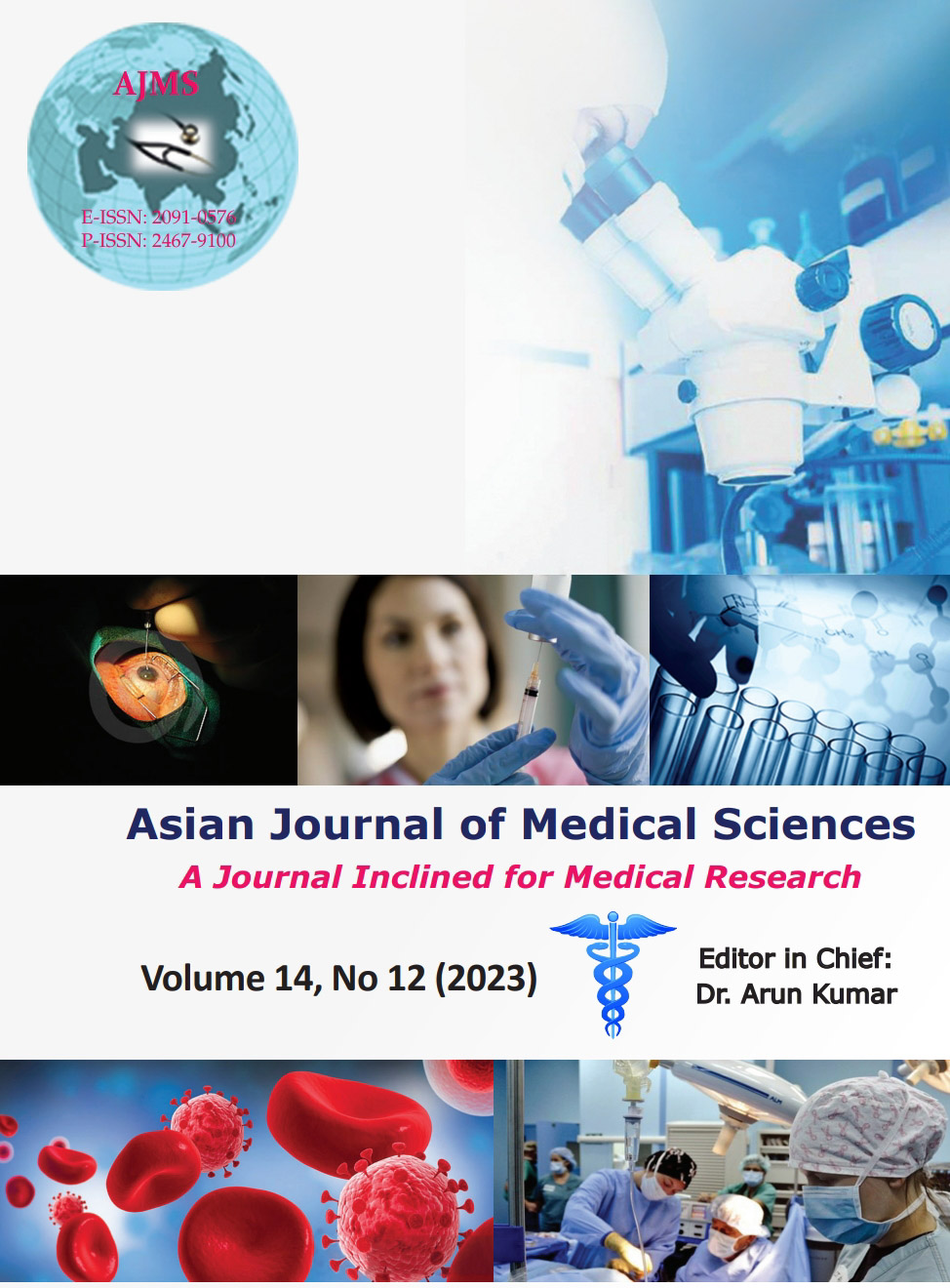Higher GOLD spirometeric class (severity of airflow limitation) correlated with higher number of comorbidities
Keywords:
GOLD spirometric classification; Comorbidities; COPDAbstract
Background: Various systemic manifestations of chronic obstructive pulmonary disease (COPD) are well known to us. One patient of COPD may have more than one associated comorbid conditions. Severity of airflow limitation is expressed as a global initiative for chronic obstructive lung disease (GOLD) spirometeric classification in patients with COPD, which has been proposed to better identify the disease severity and survival.
Aims and Objectives: In this study, we aimed to find out correlation between GOLD spirometeric classification and comorbidities in patients.
Materials and Methods: An observational study conducted at the Institute of Medical Science Banaras Hindu University Varanasi India. We evaluated 50 patients of COPD, containing smokers, non-smokers, and ex-smokers. The severity of airflow limitation in COPD was classified using the GOLD. The most frequent comorbidities are assessed in COPD which were cardiovascular diseases, diabetes, hypertension, osteoporosis, muscle wasting, psychological illness, and anemia.
Results: Fifty patients were analyzed: Male 90%, mean age 68.5 years and mean forced vital capacity in 1 s 34.3%. There is an association between GOLD spirometeric classification and total number of comorbidities in patients. Subjects with higher GOLD spirometeric classification have more associated comorbid conditions, which suggest that these conditions may aggravate COPD course and increase risk of mortality.
Conclusion: Assessment of GOLD spirometeric classification could provide information about a total number of various comorbid conditions in a patient with COPD. Patient with higher GOLD spirometeric classification has more comorbidities.
Downloads
Downloads
Published
How to Cite
Issue
Section
License
Copyright (c) 2023 Asian Journal of Medical Sciences

This work is licensed under a Creative Commons Attribution-NonCommercial 4.0 International License.
Authors who publish with this journal agree to the following terms:
- The journal holds copyright and publishes the work under a Creative Commons CC-BY-NC license that permits use, distribution and reprduction in any medium, provided the original work is properly cited and is not used for commercial purposes. The journal should be recognised as the original publisher of this work.
- Authors are able to enter into separate, additional contractual arrangements for the non-exclusive distribution of the journal's published version of the work (e.g., post it to an institutional repository or publish it in a book), with an acknowledgement of its initial publication in this journal.
- Authors are permitted and encouraged to post their work online (e.g., in institutional repositories or on their website) prior to and during the submission process, as it can lead to productive exchanges, as well as earlier and greater citation of published work (See The Effect of Open Access).




